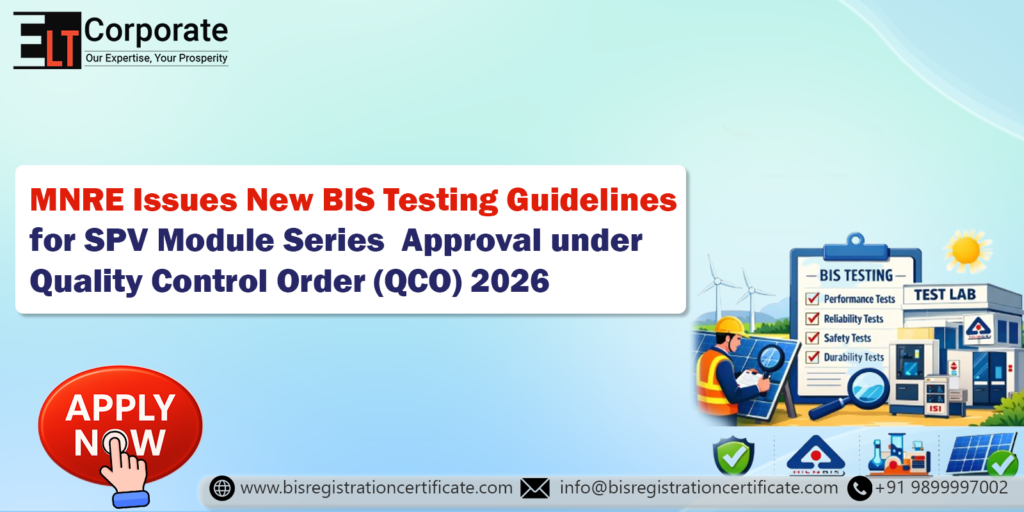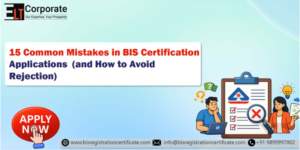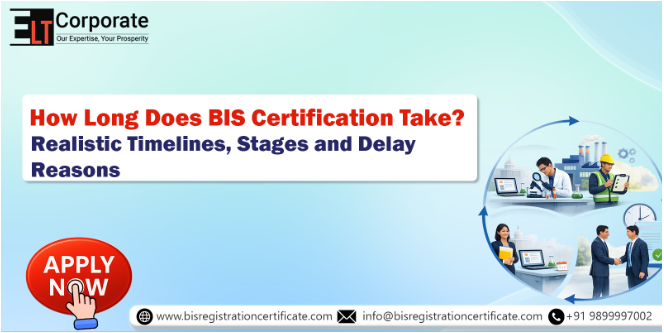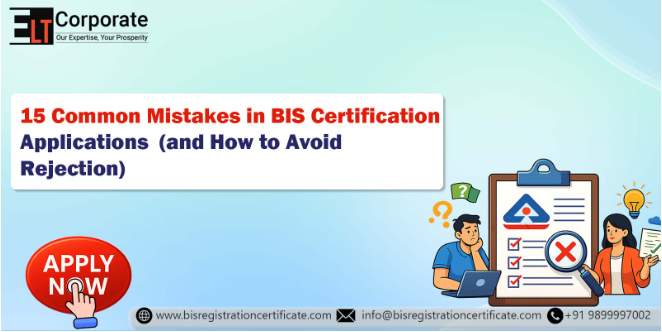The Ministry of New and Renewable Energy (MNR) has issued new test guidelines for a series of solar photovoltaic (SPV) modules under the order, which is under 2026 (QCO 2026) of solar systems, equipment and components.
This initiative is an important step towards ensuring that only high quality, reliable and safe solar modules enter the Indian market. With the target for India’s 500 GW renewable capacity by 2030, these guidelines create a transparent framework for manufacturers, test laboratories and certification bodies, protecting consumer interests.
Objectives Of New guidelines
The goal of guidelines is:
- Hard the series approval process for SPV modules.
- Prevent the misuse of test discounts by defining clear rules for product families.
- Ensure quality and performance stability in different models of the same product line.
- BIS certification facilities rapidly without compromising testing hardness.
- Support India’s solar industry under self -sufficient India and make India mission.
Define a “product family”
A product makes the base of the family chain approval system. This includes modules:
- The same design and construction,
- Made using the same bill (BOM) of the material, and
- Sharing the essential parts required for conformity with BIS standards.
This ensures that once a representative sample is tested, other models in the family can be covered under the same approval, which can reduce the cost and time for manufacturers.
Testing Requirements for Series Approval
- Representative Sampling
- Two modules from each of the lower, median, and higher power classes of the product family must be tested.
- If a median power class does not exist, the next higher class is tested.
- For power bins under IEC TS 62915, two modules from the lowest and highest bins must undergo label verification.
- Efficiency Compliance
- For crystalline silicon and thin-film, QCO 2026 sets 18% minimum; for poly-crystalline, 17% minimum. Make sure these specific numbers are reflected for clarity
- This ensures that no sub-standard module slips through certification.
- Test Reports & Coverage
- Only tested modules incur laboratory testing fees.
- However, the final report may include all models in the product family, provided their labels are documented.
Mandatory Marking Requirements
Each SPV module must carry indelible markings (preferably between glass layers). For thin-film modules, markings may be placed elsewhere.
Required details include:
- Manufacturer’s name/trademark.
- Model number.
- Unique serial number.
- Nominal wattage (with ±3% tolerance).
- Year & country of origin.
- Module efficiency at STC (Standard Test Conditions).
- Brand name (if different from manufacturer).
- Pmax value (actual maximum power) – to be clearly shown on the back label.
Regenerated requirements
If there is any change in the material bill (BOM), design, or manufacturing process, then it should be held according to retasting:
- IS/IEC 62915: 2023 – Processes to re -prepare and evaluate the conformity.
This prevents manufacturers from ignoring the quality probe by replacing components after initial certification.
Standards and test sequences
- The latest Indian standard (and any amendment notified by BIS) applies from the date of notification.
- Two test approaches are allowed:
- The separate sequence for 14286 and IS/IEC is 61730.
- Using a joint flow is/IEC TS 62915 (IEC 61215 covers and IS/IEC 61730).
However, separate testing reports should still be released for IS/IEC 61730 and is 14286/IEC 61215.
Transitional Provisions
Manufacturers who had already submitted modules for testing under earlier rules (before 13 August 2025) will still be granted BIS licenses if:
- They submit valid test reports.
- They provide proof of sample submission under the old standards.
But for license renewals or new model additions, compliance with the new guidelines is mandatory.
Exemptions for Small Wattage Modules
Not all modules fall under these guidelines.
- 0.2 W – 5 W: Must comply with IS 16476 (Part 1) (commonly used in solar lanterns).
- 5 W – 20 W: Exempted for now, until a new BIS standard is developed.
Why These Guidelines Matter
- For Manufacturers:
- Reduces cost by allowing family-based testing.
- Provides clear rules for retesting & labeling.
- Aligns Indian solar manufacturing with international practices.
- For Consumers & Investors:
- Ensures higher quality & safety of solar modules.
- Increases reliability and trust in solar energy adoption.
- For India’s Solar Mission:
- Supports the National Solar Mission & Renewable Energy targets.
- Strengthens India’s position as a global solar hub.
key takeaways
- The approval of the series simplifies BIS certification, but requires strict efficiency, marking and labeling compliance.
- Labs should apply non-acceptance of the module unplaced module.
- Any change in BOM or design essentially triggers retausing.
- Transitional flexibility exists, but new certificates should align with 2026 guidelines.
Conclusion
TMNRE Issues New BIS Testing Guidelines for SPV Module Series Approval under Quality Control Order (QCO) 2026. By balancing ease of certification with stringent quality control, the government ensures that the domestic market receives only safe, efficient, and durable solar modules.
Manufacturers, importers, and test labs must immediately align with these guidelines to maintain market access and contribute to India’s renewable energy journey.
What are the new BIS testing guidelines for SPV modules under QCO 2025?
The guidelines define updated testing requirements and approval procedures for SPV module series as per MNRE’s Quality Control Order 2025.
Who must comply with the new SPV module testing guidelines?
All manufacturers and importers of solar PV modules in India must meet the updated BIS standards for series approval.
When do the new BIS testing rules for SPV modules take effect?
The revised testing and approval framework under QCO 2025 will be applicable from the notified implementation date by MNRE.









